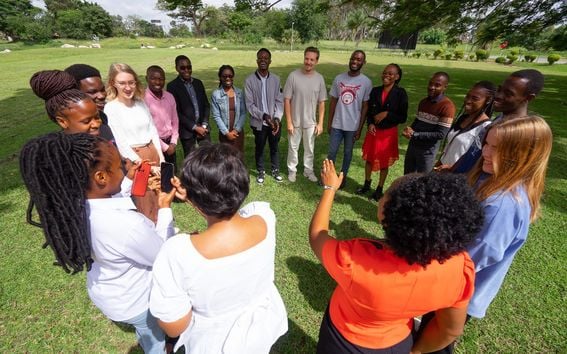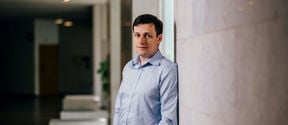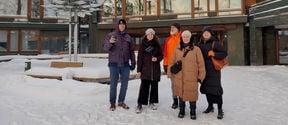UniPID and TENK Release Ethical Guidelines for Global South Academic Partnerships

As a member of the Finnish University Partnership for International Development (UniPID), Aalto University initiated a proposal and working group to develop national guidelines for this purpose. In partnership with the Finnish National Board on Research Integrity (TENK) and an international steering group, UniPID has over the past two years developed the “Ethical Guidelines for Responsible Academic Partnerships with the Global South” released on 25.10.2023. These guidelines are designed to complement TENK’s existing ethical standards, and they are aimed at all research and higher education institutions based in Finland. The guidelines offer links to practical tools and resources, which will be updated over time to address the varied needs arising in academic and administrative units.
According to Riina Subra (Aalto University), the chair of the working group, “Universities have in recent years proved to be essential actors in the reciprocal engagement and knowledge creation between countries in the Global North and the Global South. The parallel ecological and geopolitical crises and changing dynamics between countries underscore the need to build academic communities equipped with resources to implement this work.”
“We have perceived similar challenges and needs for support across academic departments, whether working in human sciences or technical fields. These new guidelines are thus aimed at all academic and administrative units, as conceptual frameworks and tools for more responsible and equitable approaches in research and cooperation. They are meant to be used side by side with other ethical standards. In the future, more detailed communities of practice and resources relevant to specific academic fields are planned.” More about this topic is available here.
The new guidelines provide insight and tools for reflections for researchers aiming to conduct research in the Global South. In case your research includes human participants; you might need a research ethics review. Aalto University is committed both to TENK research integrity and research ethics guidelines.
You can find more information here:
Read the Ethical Guidelines for Global South Academic Partnerships here.
Research ethics: Research Ethics Committee | Aalto University
Research integrity: Research integrity | Aalto University
Further information:
Finnish universities are committed to the comprehensive guidelines of TENK (The Finnish Code of Conduct for Research Integrity and Procedures for Handling Alleged Violations of Research Integrity in Finland). However, the guidelines do not specifically address the complexities of research and academic collaborations in the Global South. The primary goal of the Ethical Guidelines for Responsible Academic Partnerships with the Global South is to offer stakeholders a conceptual framework and practical tools to create more responsible and equitable approaches in their research and collaboration efforts in the Global South.
The complementary guidelines aim to increase awareness of ethical issues that can arise in the context of the Global South and to help mitigate potential risks. They are not limited to research and can be valuable for various forms of global academic collaboration.
The document is divided into five main sections, featuring key concepts framing ethical considerations, recommendations, and references for implementation. The guidelines conclude with information on other existing guidelines and tools that can be used as practical resources. Moreover, the document complements the Finnish Code of Conduct, specifically point 3.2 addressing the principles of 'Good research practices.' The recommendations outlined in the document are not intended to be exhaustive or rigid instructions but can be tailored to meet the specific requirements, realities, and environments for each context where an academic partnership is taking place.
- Published:
- Updated:
Read more news

Viktar Asadchy receives Young Scientist Award
The Finnish Foundation for Technology Promotion awarded Assistant Professor Viktar Asadchy with the Young Scientist 2024 Award.
Preserving intangible cultural heritage through immersive XR experiences
Aalto University’s Department of Art and Media is coordinating a European wide project on preserving intangible cultural heritage and using it to address societal challenges with the help of immersive XR environments.Aalto computer scientists in CHI 2024
Ten papers from Aalto CS were accepted to the CHI 2024 conference